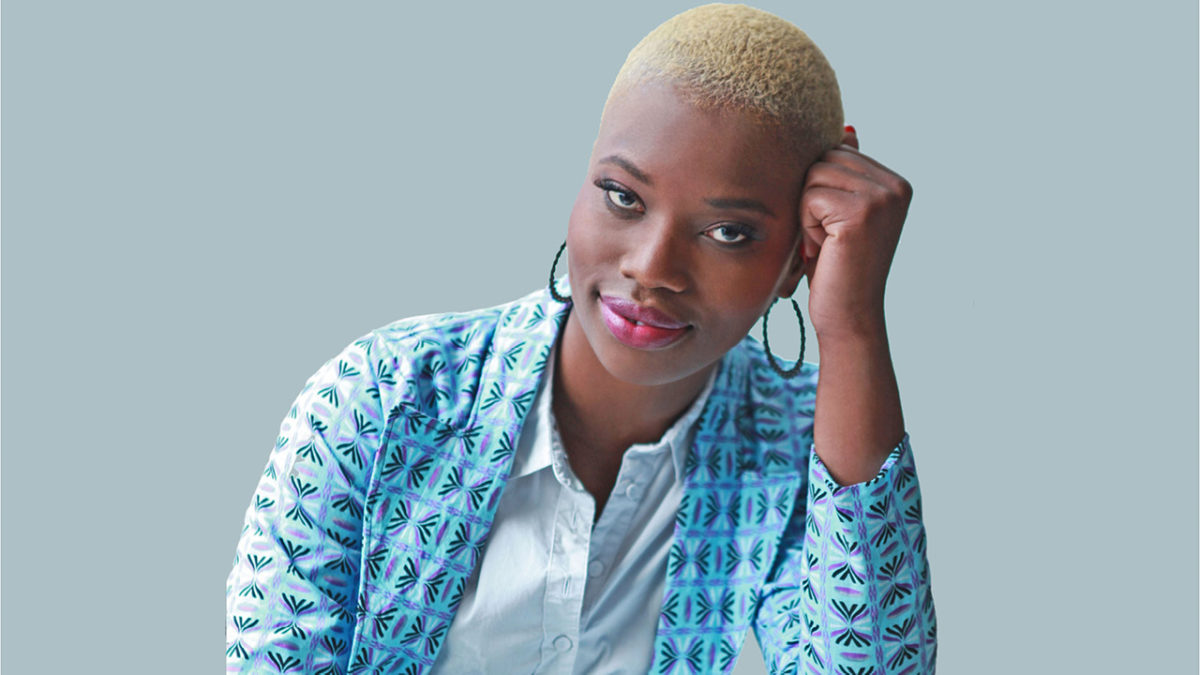Women in Super audiences join in rallying cry
The voices of women are swelling to a national rallying cry for justice and equality, Kara Keys, the chair of Women in Super, told sold-out lunches for the organisation last week. The guest speaker told them how to join in that cry.
Keys, a trustee of Cbus and director of AIST, was introducing one of the loudest of those voices, activist Khadija Gbla, prior to her address at the lunches in Sydney (March 9) and Melbourne the following day, coinciding with International Women’s Day. They were held in honour of the late Mavis Robertson, the founder of WIS, co-founder of CMSF, AIST and champion of not-for-profit super funds back to the birth of the modern era in the mid-1980s.
Keys said: “It is extraordinary that we still speak about fundamental rights for women. Rights with personal safety, equal pay and issues with retiring in poverty… Our mission is to improve retirement outcomes for women.”

WIS has also become the largest single donor to breast cancer research in Australia, having raised $38 million for the effort since inception, primarily through the organisation of the annual Mothers Day Classic national events – another initiative of Mavis’s doing, with her friend Louise Davidson. Mavis died in 2015, aged 84.
Gbla, who came to Australia from Sierra Leone as a refugee at 13, with her mother and sister, had experienced discrimination throughout her life, Keys said, and had become an activist for human rights as a result. Keys is a First Nations Australian.
Gbla said that women often felt so scared of taking the wrong step that they did nothing. She was told from an early age to “be quiet” she said. When her family wanted her to marry, she was told not to talk so much or seem too intelligent if she wanted to attract a husband. “It was like being told not to breathe so much,” she said.
In Australia, from 2001, it was the first time for her that her skin colour meant something. “It was a new experience, to experience the ‘r’ word. I didn’t know why people would think I was inferior because of it, or because of the stigma of being a refugee,” she said.
“It wasn’t a choice for me to choose to challenge things at that age. Life was about survival. So, I started by challenging at home, at the dinner table. My [extended] family was politically involved. We had been internally displaced at home.”
Gbla told her super-industry audiences that they must challenge. Using ritual genital mutilation in some countries, which is one of her major battles, as an example, she said there was an estimated 200 million girls and women in the world who were living with that trauma. “There are about 200,000 in Australia alone,” she said. “If we were doing the same thing to boys, I don’t think there would be 200 million, do you?”
Fear of failure often held people back from challenging inequalities. “Women are often too scared to take the first step and they miss the opportunity to engage and stand in solidarity. We don’t have to look the same to stand next to each other.”
She said that all men benefitted from society’s patriarchy. “I’m not saying anyone’s a bad guy, but if you benefit from it, it’s your responsibility, too, to dismantle it. Once again, women are doing the heavy lifting.”
On the current political furore over the rape of former political staffer Brittany Higgins and its fallout, Gbla wondered, as many in the room did, why Prime Minister Scott Morrison emphasised in his early public response his wife Jenny’s question of how he would respond if one of his daughters suffered the experience.
“What would we all do without Jenny? Who brings some common sense to the table apparently,” Gbla said.











